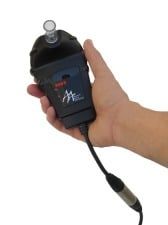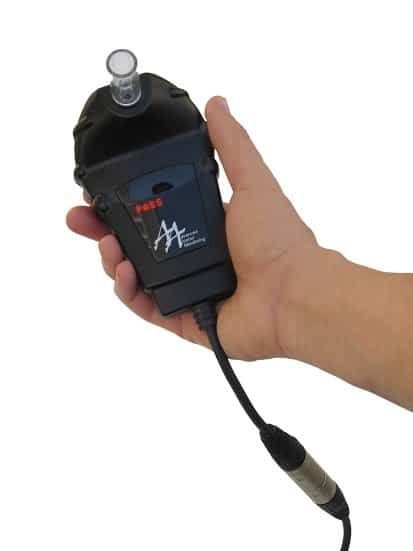 Ignition interlocks have been shown to reduce the likelihood that an offender will drive drunk again by up to 67%, and a recent study release about Michigan ignition interlock use backs up that data.
Ignition interlocks have been shown to reduce the likelihood that an offender will drive drunk again by up to 67%, and a recent study release about Michigan ignition interlock use backs up that data.
Commissioned by the Michigan Association of Treatment Court Professional, the new report was designed to provide criminal justice administrators and legislators information on how ignition interlocks are used and how effective they are in Michigan. By all accounts, the news is very positive for the continued use of ignition interlocks in the state.
After looking at drunk driving cases from 2011-2014, the study found that the ignition interlock program worked to keep participants out of jail and gave them the ability to stay on the job. By forcing them to stay sober or not drive at all, there were fewer repeat offenses in Michigan.
A comparison of the numbers of repeat violations was 2.8 percent for ignition interlock users compared to 5.5 percent for driving under the influence (DUI) offenders who did not use ignition interlocks. The study also looked at the DWI/Sobriety Court program that’s a mandatory penalty for anyone convicted of driving under the influence. They found that 12 percent of the participants who used ignition interlocks failed the program, but that number is low compared to the 34 percent of offenders who failed the program and did not use interlocks.
It’s also encouraging to see that 97 percent of the drivers in Michigan who were ordered to use ignition interlocks went through with their program, and when the user had the ignition interlock installed, the percentage of repeat violations was only 2.8 compared to 5.5 for offenders who did not use ignition interlocks.
Drinking and driving claims lives and injures drivers in Michigan and other states every single year. Maybe reports like this one will encourage other states to adopt an all offender ignition interlock law to really fight back against drunk driving.
